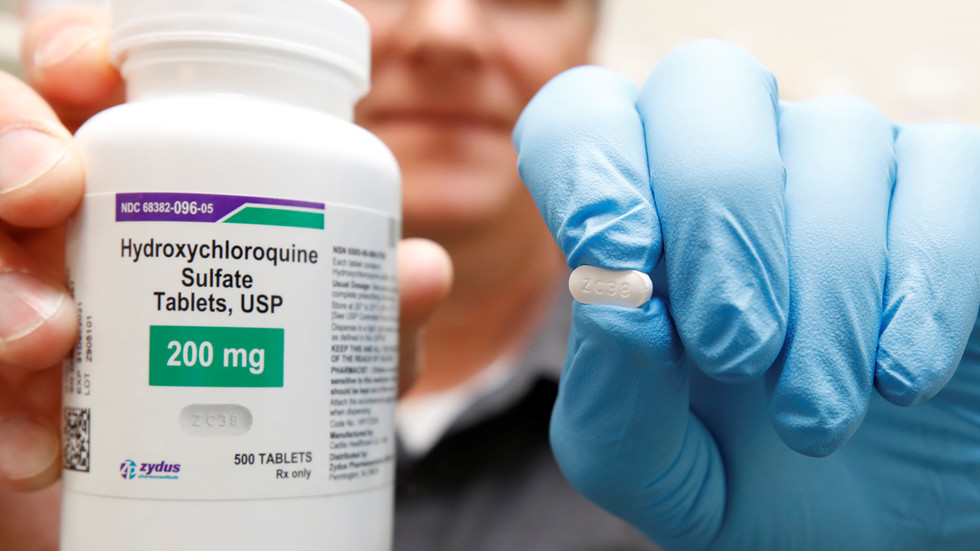Source: El Pais
The Medicines Agency considers that the conclusions of the study that alerted about the drug are not “solid enough”.
The Spanish Agency for Medicines and Health Products (AEMPS) considers that the recent study published in The Lancet that warned about the risks of hydroxychloroquine against the coronavirus does not provide conclusions “sufficiently strong” to stop using this drug in Spain or stop research underway in hospitals.
This position contrasts with that adopted by France, which has just banned the use of this drug to treat Covid-19, and the doubts of the World Health Organization (WHO), which has suspended a large trial. In both cases, the decision was made after the article was published in The Lancet.
For the AEMPS, “the study provides useful information”. “But it is an observational study, not a clinical trial, so it does not allow obtaining solid and uncontested evidence because there are many factors that influence these studies that can make they are not completely reliable”, explains a spokesperson for the agency, which reports to the Ministry of Health.
“We have also not received any safety alerts, so according to scientific societies we do not consider that there are reasons to stop the ongoing research or stop using the drug as an experimental treatment,” adds this spokesperson.
Hydroxychloroquine, indicated against malaria and autoimmune disorders, has been one of the most used against coronavirus (85% of hospitalized patients in Spain).
The controversy over hydroxychloroquine experienced its peak moment last Friday, when the prestigious magazine The Lancet published the largest study to date on the molecule.
Carlos Chaccour, researcher at ISGlobal, highlights that “at the moment there are 131 active clinical trials registered in the world.” “Some are for treatment, others for prophylaxis. There are many possible ways and doses to use this medication, some of which are giving better results than others. More research is needed and what makes no sense is to stop all these trials by an observational study.
The work published in The Lancet collected 96,000 patients in 671 hospitals around the world and concluded that hydroxychloroquine not only did not provide any benefit, but that it increased the risk of suffering arrhythmias and dying. The publication led the World Health Organization (WHO) to suspend “temporarily” and by “precaution” one of the arms of the Solidarity study, which is promoting the body, while an independent committee analyses the safety data.
“I don’t think hydroxychloroquine is toxic used at the usual doses and guidelines, ”explains Santiago Moreno, head of infectious diseases at the Ramón y Cajal Hospital (Madrid). “That said, I think we need to continue investigating and I find it difficult to understand that the WHO adopts this decision only on the basis of data from an observational study such as the one published,” adds Moreno.
The AEMPS details that “in Spain there are now 15 clinical trials underway on hydroxychloroquine, eight for treatment and seven for prophylaxis.” This second type does not seek to cure people who are already infected, but to prevent healthy people from becoming infected by being in contact with the virus, as is the case with healthcare professionals.
“In addition, almost all hospitals also have observational studies underway because it is an experimental treatment widely used in Spain against the coronavirus,” adds the agency spokesman.
The AEMPS assures that it has spoken “with the promoters of the trials underway in Spain, who have been asked for safety information.” “We had not received a security alert, but we have asked them for new information. We have also spoken with scientific societies and for now there is not enough reason to stop these treatments or investigations because there has been no problem and it does not appear that there will be, “the agency concludes.


